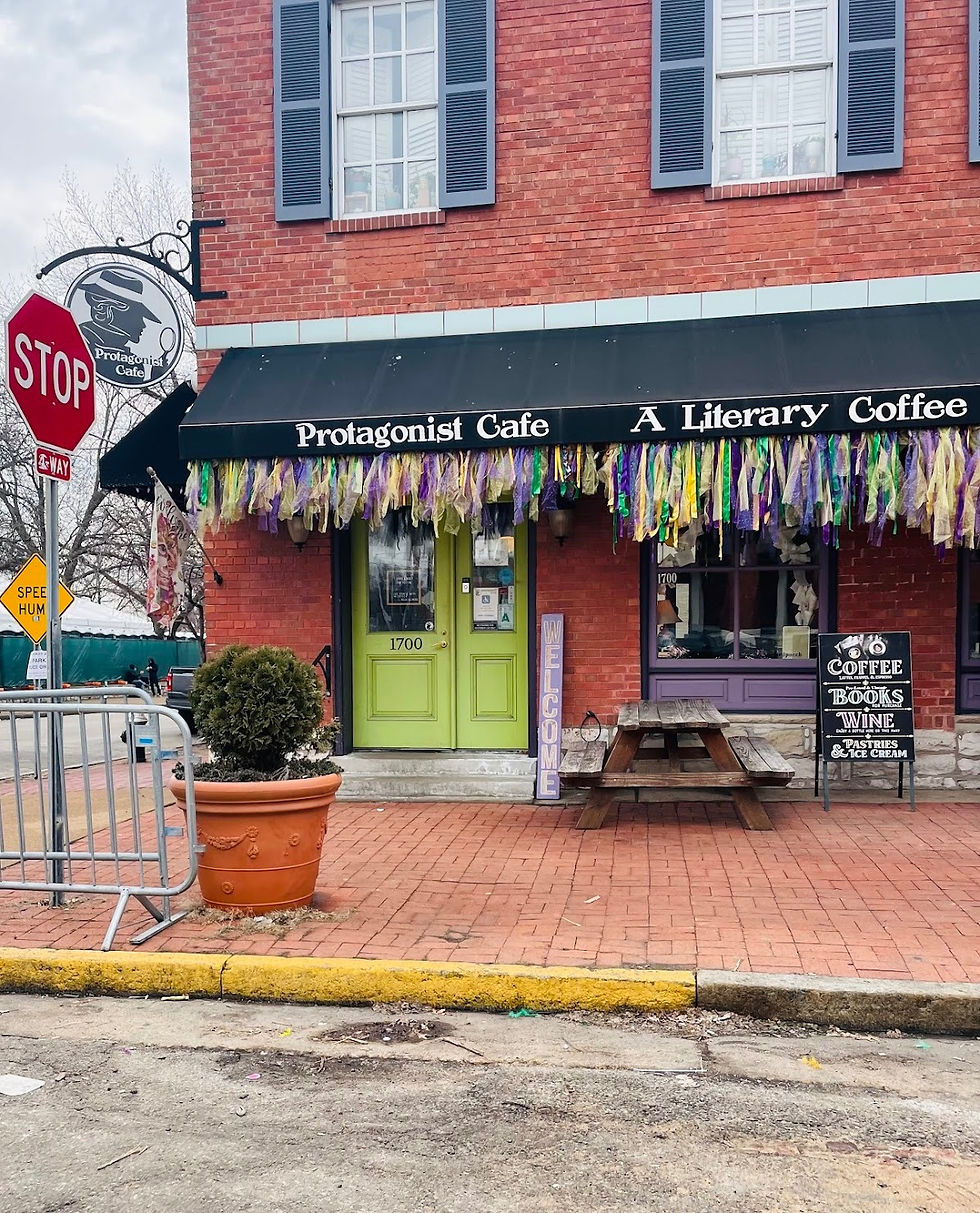A Raconteur from Rackensack: LANDMARK CASES and VAN BUREN
- tomwing13
- Nov 16, 2022
- 3 min read

Teaching the Age of Jackson this semester has been gratifying, in the sense that I know this time period, and have invested much of my career in the people, events, and details of the years between 1815-1848 and beyond. Yesterday in class a discussion of the landmark Supreme Court case, Worcester vs. Georgia, where the John Marshall court ruled against the State of Georgia, their unconstitutional imprisonment of missionaries Samuel Worcester and Elizur Butler, who devoted their efforts to help the Cherokee, I was struck by the opportunity to make a local connection. Not wanting their decision of their case to cause widespread violence and controversy, Worcester and Butler waited in jail, even when they could have asked for a Federal injunction and forced a showdown between the Federal Government and Georgia. The Vice President, Martin Van Buren intervened and negotiated their release, while assuring Georgia it's actions against the Cherokee, also condemned in the Supreme Court decision, would be ignored by President Jackson. This averted the possibility of Georgia jumping onto the nullification band wagon at the time with South Carolina. Maybe it's the historian in me, but I find it interesting that one of the men at the center of this controversy, Reverend Butler, would eventually live, die, and be buried in a town that carries the name of the eventual President who brokered his release.
Reverend Butler died in Van Buren in 1857, a significant year in it's own right, and was layed to eternal rest in Fairview Cemetery. For 11 years, history students from UA-Fort Smith portrayed people buried in the cemetery to raise money for the preservation of grave markers and monuments. A link below covers a news story about the program that included Reverend Butler. Some of the best work I have been a part of, was working with Fairview Cemetery advocate Randy Smith, and Van Buren A&P Director Maryl Purvis to tell the stories of the people buried there, but to also work to preserve the National Register property. That work, in the context of teaching students, and them learning how to research and portray, also included an opportunity for them to honor the past and give back to the community. Perhaps someday Tales of the Crypt will be offered again, but in the meantime, the work done by students, volunteers and a select few professionals made a significant impact in the preservation of our history.
Sadly, turning back to Elizur Butler, while he and Samuel Worcester were released, the Cherokees went on to suffer forced removal and the genocide we know today as the Trail of Tears. In 1979 Georgia repealed the laws against the Cherokee, in the 1990's Worcester and Butler were exonerated and today the National Park Service administers the National Historic Trail of Tears to remember this tragic chapter in our past. I find that teaching this, making the important points and connections is exhausting and painful work. As I type this I am weary and somber, after spending much of yesterday discussing this. But even so, it is essential that we remember, and recognize the sacrifices and injustices along with the victories and successes that make us all Americans. To say I am honored to do this work, and enjoy it with all that is within me would be insufficient.

Reverend Elizur Butler
A 40/29 news story about Tales of the Crypt can be viewed here:
https://youtu.be/Pm7qdkaOJFQ


Comments